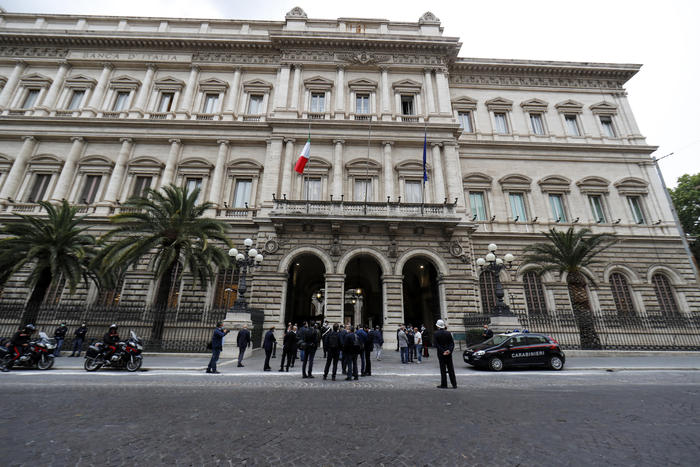We are witnessing how the financial services industry is going through one of the deepest stages of transformation that has been seen. And the simplest explanation for what's next could be this: Through technology, banking will no longer be a physical place that customers GO to become something that customers DO wherever they are.
But let's go to the beginning. In recent years, a host of technology companies have appeared with disruptive value propositions within the banking services environment, called Fintech. Meanwhile, banks have also invested a large amount of resources in bringing their products to the digital world and optimizing them.
A new service model called Banking as a Service (BaaS) emerges from the union of these two aspects.
“BaaS is an example of innovation and simplicity for the user and is an example of teamwork. Basically it is that the institutions with banking license (that can operate financial services) provide the necessary conditions so that ecosystems with which the user usually interacts, rather than with a bank, can offer greater products and services on the same platform than the user enjoys using ”, explains Fernando Boza, Operations Director of Banco Sabadell.
The birth of a new and better bank
In a very colloquial way we can say that BaaS products are the babies of banks and Fintech companies. But what are these services in practice and what do they have to do with the consumer?
The biggest interest and most tangible benefits of BaaS solutions for customers, for now, are in simple digital products like bank accounts, debit cards, and consumer credits. As for services, the most demanded are all related to the world of payments: transfers, payment of services and CODI, the electronic payment technology designed by Banco de México (Banxico), among others.
These new technological banking solutions are 100% oriented towards customer convenience and generating a novel user experience for the customer.
"The great value proposition of the sector is largely based on its ability to say 'yes' where traditional finance would say 'no'", summarizes Fernando Boza.
These are BaaS products: digital financial tools that allow people to take out loans, apply for credit cards and open checking accounts like never before, thus covering the need for bankarization in a society like ours, where 90% use cash ( a figure that could decrease due to confinement) and 70% still do not have a bank account (but they do have a smartphone ).
For Banco Sabadell's COO, "Making banking accessible to the majority with these innovations will create new and better opportunities for users, as well as growth and prosperity for the country."
A (financial) world watches over them
For those who are "Money in hand, than a hundred flying", digital banking could be a field full of doubts, including: Who regulates the BaaS services offered by banks? Who is responsible if there is a problem with my money or my data?
Given this uncertainty, it is important to clarify that electronic banking as well as all its digital innovations are as closely watched as traditional financial institutions. These are validated with the same level of rigor and even their regulation goes further.
In Mexico, the Government of the Republic, through the Ministry of Finance and Public Credit, the National Banking and Securities Commission, Banxico and other financial authorities, have worked on the development, consolidation and implementation of the Law to Regulate Institutions of Financial Technology (#LeyFintech), which aims to increase the level of financial inclusion throughout the country, promote competition and innovation, as well as provide legal certainty to participants in the sector.
"Financial entities have spent years investing resources so that digital users can operate with the highest security standards and thus guarantee that their online transactions are as reliable as those that they could carry out through a branch," confirms the manager. Banco Sabadell.
Thanks to protection technologies such as artificial intelligence, big data and blockchain, users can count on their information and money being always protected.
Goodbye to brick banks?
Not in the short or medium term, but the contingency we are experiencing today has shown us that we do not have to go to the office to carry out our daily tasks, or that we should not go to a store to buy.
"The same thing happens with the banking sector, technology has put tools in the palm of our hands that meet our financial needs without the need to go to a branch," concludes Fernando Boza.






/cloudfront-eu-central-1.images.arcpublishing.com/prisa/JUSJMP3AZFFMVFE7EXS567CYJE.jpg)








